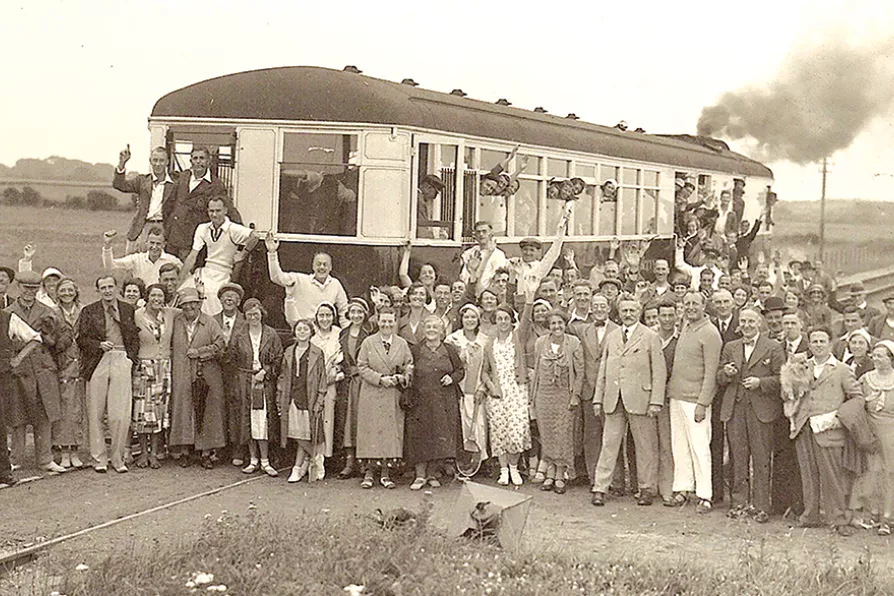The Carpathia isn’t coming to rescue this government still swimming in the mire, writes LINDA PENTZ GUNTER

 Caister Camp Halt was a railway station on the Midland and Great Northern Joint Railway which served the holiday camps near the Norfolk coastal town of Caister-on-Sea, England
[Public Domain]
Caister Camp Halt was a railway station on the Midland and Great Northern Joint Railway which served the holiday camps near the Norfolk coastal town of Caister-on-Sea, England
[Public Domain]
KIRKPATRICK MACMILLAN is not a firm of City accountants, but something much better: the “inventor” of the bicycle.
(Inventor has to go in inverted commas, because so many people are credited with inventing various versions of what became the bicycle. Macmillan is widely held to be the man who made the key breakthrough of adding pedals).
But this week’s column is really about how socialists came to invent the holiday camp.

MAT COWARD tells the story of the eccentric founder of a short-lived but striking experiment in ‘vital democracy,’ who became best known for giving away his estate to the nation

‘Honest’ Tom Wharton’s 1682 drunken rampage through St Mary’s church haunted his political career, but his satirical song Lillibullero helped topple Catholic James II during the Glorious Revolution, writes MAT COWARD











